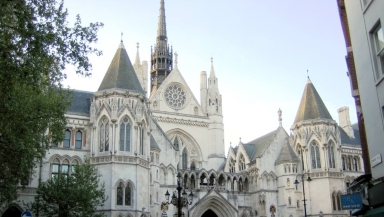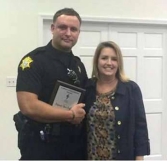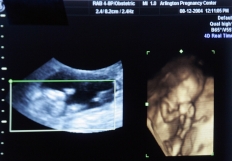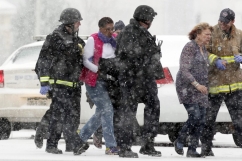The decision not to prosecute doctors offering gender-based abortions will be challenged this week.

Aisling Hubert, 22, will apply for a judicial review tomorrow at the royal courts of justice to challenge the director of public prosecutions' (DPP's) refusal to prosecute two doctors filmed offering abortions on the basis of gender.
After the revelations were uncovered by secret filming from reporters for The Telegraph, the crown prosecution service (CPS) declined to bring public prosecutions against the two doctors because "it would be not be in the public interest."
The DPP then went on to block two private prosecutions by Hubert against the two doctors.
However the 22-year-old will challenge the decision by appealing for a judicial review tomorrow, saying the decision was "politically motivated" and the claim of "not in the public interest" was"a smokescreen, used to avoid a politically inconvenient course of action."
"The video evidence is stark and straightforward but for political and ideological reasons, it is being blocked from exposure to the proper scrutiny of justice in court," she said.
Hubert's lawyers will question whether the DPP acted lawfully when the CPS announced it would not pursue a public prosecution, despite admitting there was enough evidence to provide a "realistic prospect of conviction."
"There is a huge injustice here," said Hubert. "There was clear video evidence that doctors were willing to offer abortion on the grounds of the child being the 'wrong' gender.
"That is against the law and yet the CPS refused to prosecute, refused to release important video evidence and then squashed my attempt to fight for justice."
Hubert is supported in her case, which includes a challenge of the costs made against her in a previous case, by lawyers from the Christian Legal Centre (CLC). Chief executive Andrea Williams said "justice has not been done."

"The office of the DPP was created to ensure that justice was done even where individuals didn't have the resolve or resource to pursue a prosecution themselves," she added.
"But here we have seen the DPP's office first refuse to prosecute and then go further still by blocking private prosecutions that were brought, as a last resort, in the pursuit of justice. This overreach of establishment power must be challenged."

















